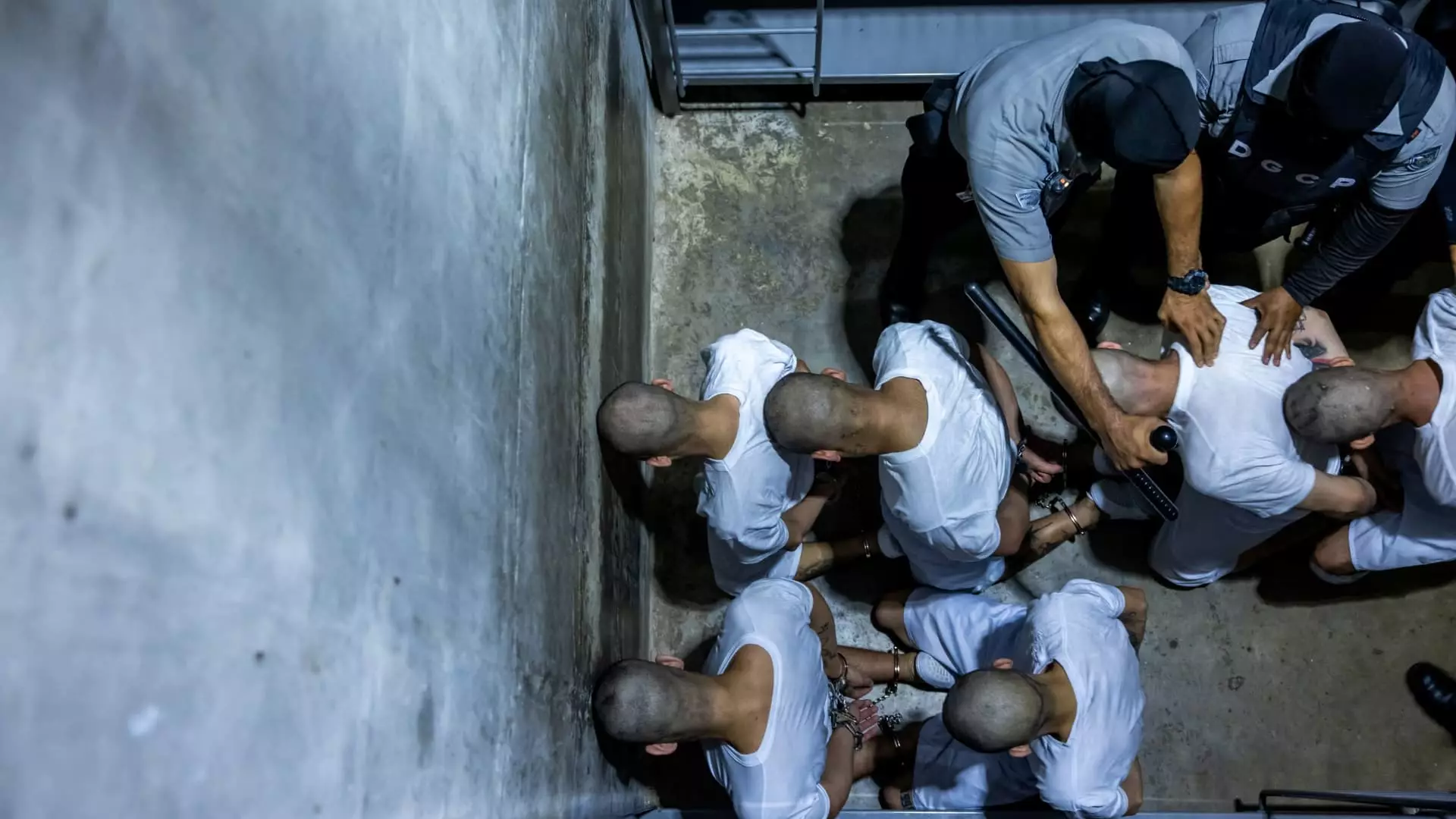The recent actions taken by the Trump administration regarding the deportation of Kilmar Abrego Garcia exemplify a bureaucracy gone awry. In a breathtaking series of events, a U.S. District Judge, Paula Xinis, established that a grave error had transpired. Abrego Garcia, having been wrongly deported to a notorious prison in El Salvador—a location rife with gang violence—was caught up in the maelstrom of a legal system that seems to operate with reckless abandon. This case is not merely the result of an administrative oversight; rather, it brings to light the alarming trend of neglect within the immigration system, suggesting a chilling willingness to disregard individual rights in favor of rapid-fire policy enforcement.
Despite multiple concessions from the DOJ acknowledging the impropriety of the deportation, the administration fails to demonstrate meaningful accountability for its actions. They argued that returning Abrego Garcia to the U.S. would breach lawful separation of powers, as if such a technicality could eclipse basic human compassion and dignity. What resonates deeply in this context is not just the negligent decision-making, but the implicit normalization of such injustices that unfold under the guise of national policy.
The Echoes of Gang Violence
The idea that Kilmar Abrego Garcia might face persecution from gangs upon his return to El Salvador was highlighted by an immigration judge’s ruling, which served as a lifebuoy of sorts. It’s also essential to recognize that the administration’s portrayal of Garcia as an MS-13 gang member lacks substantiation; he has not been charged with any crimes. Yet, the narrative cast by the administration paints him as a villain awaiting justice in a foreign prison, rather than a victim of a profoundly flawed system.
Herein lies the crux of the dilemma: positions taken by the Trump administration have oftentimes been shrouded in fear rather than facts. Abrego Garcia’s plight evokes a broader conversation about the irreparable harm done to the individuals swept up in draconian immigration policies that seemingly lack moral fortitude. The ease with which his character was maligned and his life jeopardized in the name of swift deportation schemes is alarming.
A System in Crisis
Abrego Garcia’s story echoes the systemic failures prevalent in America’s immigration enforcement practices. His prior legal status, a DHS permit allowing him to work in the U.S., indicates a life actively contributing to society, one that simply does not fit the narrative employed by the government. His deportation can be seen not as an isolated incident but a reflection of a broader crisis—a system where the humanitarian aspects of immigration law have been all but abandoned to satisfy a political agenda that leans heavily on fear and misinformation.
The Justice Department’s insistence that Xinis’s ruling constituted a “patently unlawful” injunction sends mixed signals. On the one hand, the argument strife around maintaining the sanctity of law is valid. However, at what juncture do we question the legality of a system that operates without regard for individual rights, especially when those individuals are simply trying to lead a life free from the specter of violence and persecution? The judicial system should boldly uphold human rights, even when doing so clashes with administrative directives.
The Fallout and Legal Implications
At the heart of this case is a dire need for recalibration—an urgent demand for accountability in decisions that affect lives. How can we allow an administration to operate under the guise of legality, committing acts that are fundamentally “wholly lawless,” as Judge Xinis asserted? By acknowledging this, we can begin to critically evaluate the ramifications of such bureaucratic overreach.
The legal teams supporting Abrego Garcia have called the actions of this administration into question, stressing that they reflect a broader disregard for judicial oversight. This case is emblematic of the growing tension between the executive and judicial branches—a dance of power that, when misaligned, can lead to horrifying consequences for innocent individuals caught in the crossfire.
The urgency of protecting the vulnerable cannot be overstated. It is a moral imperative for us as a society to demand justice that recognizes the humanity in every individual, particularly those who find themselves ensnared in a system that often exhibits a disconcerting lack of empathy. We cannot remain silent while the very tenets of justice are misused as a political plaything; the stakes are simply too high.


Leave a Reply